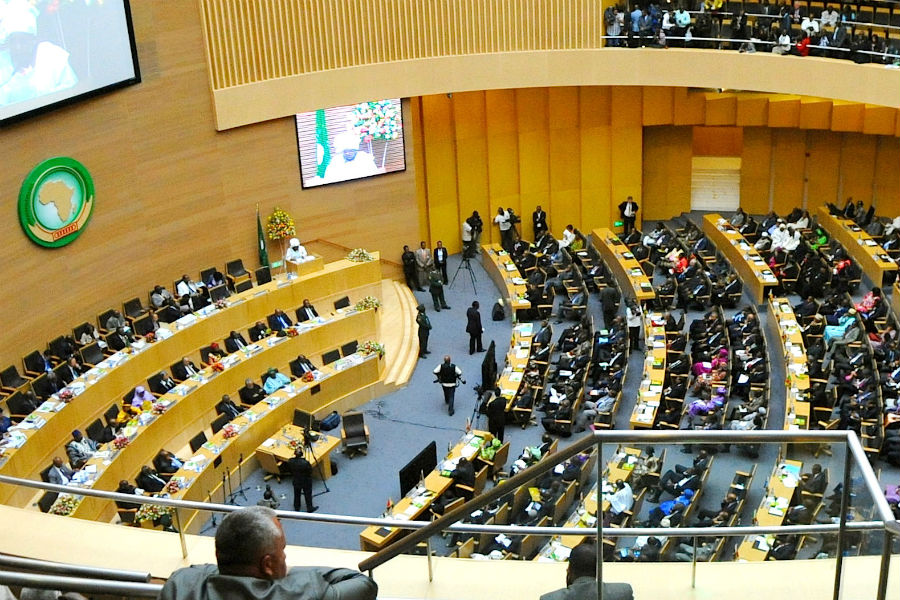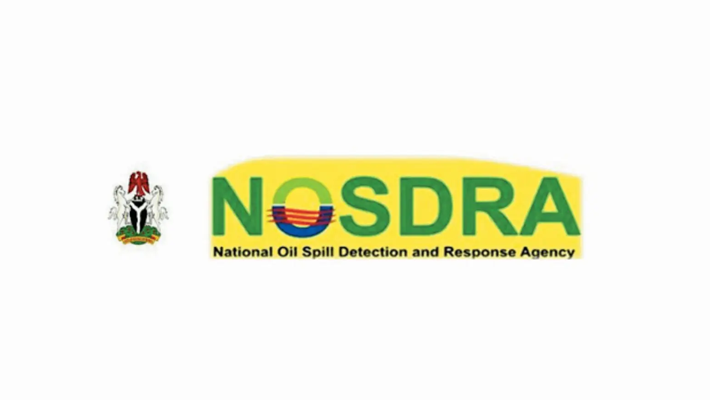In recent years, the Federal Capital Territory (FCT) had experienced a troubling rise in vandalism and theft targeting critical government infrastructure. Sequel to these issues, the Pantaker Markets have become infamous for facilitating the sales of stolen and vandalized infrastructure, thus, highlighting the pressing need for their regulation.
It is widely acknowledged that Pantaker Markets, particularly in the FCT, are hotbeds for the sale of items acquired through theft and vandalism. Investigation into most vandalism cases in our disposal often referenced these markets which have earned a reputation as centers of criminal activities. I strongly advocate for the urgent regulation of these markets.
When discussing the Pantaker Market Phenomenon, it is important to recognise its traditional role as a hub for informal trade, where second-hand goods, from household treasures to everyday commodities like scrap metals, are exchanged. Sadly, this vibrant marketplace has undergone a troubling transformation, evolving into a refuge for stolen items.
Here, goods that are pilfered such as streetlights poles and lamps, solar panels and batteries, road dividers, bridge reinforcement iron rods, railway installations, manhole covers, flood duck covers, telecommunication masts, transformers, armoured cables and even household items like air conditioners, car batteries, gas cylinders, and others from residential homes find a new life, slipping through the cracks of illegality and ensnaring unwitting buyers in their web.
Having identified this market as a harbor for suspected criminal elements, I must emphasize that Pantaker Markets present numerous challenges to societal well-being, which is the reason I am calling for urgent regulation.
This illegal trade not only undermined public safety but also underscored the troubling issues necessitating urgent action to restore order and accountability.
The rampant sales of these items reflect deeper societal problems as criminals exploit the market’s unchecked environment. Efforts to curb this illicit trade needs to be accelerated, as it poses significant challenges to law enforcement and threatens community well-being,
Permit me to categorically state that, the existence of these markets has resulted in preventable deaths in the Federal Capital Territory. Only recently, the FCT Emergency Management Department (FEMD) attributed the tragic building collapse which claimed seven lives in the Sabon Lugbe area on Airport Road in Abuja, on the activities of scavengers who were stripping a building located in Gidash Estate of iron rods and other valuable materials before the unfortunate incident.
In 2024 alone, Nigeria experienced 12 national grid collapses, plunging numerous states and regions into ongoing blackouts. This troubling trend, which is drastically affecting lives, businesses and household installations is sadly attributed to criminals targeting power installations and other public infrastructure.
The financial toll has been staggering, costing the Federal Government and several states billions of naira. While some vandals have reportedly met their fiery end while attempting to vandalise transformers, others had left countless families shattered, parents mourning lost children, children left without fathers, and women widowed by the actions of these vandals who attack, maim and in some cases stab their victims to death whenever they are challenged.
Compounding the issue, around 70 percent of these vandals are reportedly well-compensated by desperate contractors eager to restore supply connections, while others sell some of the stolen equipment back to the government and various entities.
Today, essential infrastructure, including major bridges, armoured cables, manhole covers, railway cables, and streetlights are under siege, with these stolen items frequently turning up in the unregulated pantaker markets.
I make bold to add that this rampant trade of stolen goods not only undermine the rule of law but also poses severe threats to state’s infrastructure development initiatives, as critical projects aimed at enhancing the quality of life for citizens are routinely compromised when essential materials, such as electrical installations and construction equipment are stolen and sold in these markets. Instead of contributing to local economies, pantaker markets operate as a curse, negatively impacting community development and public services.
The consequences ripple throughout the community; businesses face interruptions, families experience unsafe living conditions, and government agencies find it increasingly difficult to execute development plans. The trust that citizens place in their government erodes when they witness the degradation of resources meant for public benefit due to criminal activities permeating these informal markets.
Taking Action: NSCDC’s Response
In the light of these concerns, the FCT Command of the NSCDC launched an assault against vandals and scavengers which led to the arrest of over 250 suspects .
My call for regulation is not simply a plea but a necessary action to solve over 50% of the challenges of vandalism and secure the future of the FCT.
Tightening the reins of pantaker markets could serve as a crucial step toward reclaiming public infrastructure from the grip of vandals and thieves. Through enforcing stricter rules and oversight, there will be enhanced accountability, deterring potential thieves from engaging in these illicit activities.
Addressing the challenges posed by pantaker markets requires a collective effort from the government, law enforcement agencies and the society at large. Citizens must become more vigilant and report suspicious activities, while agencies need to escalate their surveillance of these markets. Moreover, raising public awareness about the implications of engaging with stolen goods can further curtail market activities that undermine lawful commerce.
In summary, pantaker markets have morphed from being trading environments to becoming conduits for criminal activities that threaten critical government infrastructure in the FCT.
I strongly believe that my call for its regulation is a critical step in safeguarding public assets and reinforcing the rule of law. By working together, the community and the authorities can dismantle this network of vandalism and ensure sustainable development for a safer and more prosperous Federal Capital Territory and for Nigeria at large.
Permit me to add that the unregulated activities of Pantaker markets can lead to pollution, habitat destruction, and biodiversity loss. Without rules, businesses may exploit natural resources irresponsibly.
On its public health risks, the lack of regulation can result in a toxic environment, unsafe products, poor workplace conditions, or inadequate health and safety measures, posing serious risks to public health
If left unregulated, these markets can lead to unfair pressure on the FCT infrastructure and, ultimately harming consumers while thwarting national development.
Let’s not forget in a hurry, that regulatory frameworks enhance public trust, as people feel assured that their safety and well-being are prioritised. If we must rid the FCT of scavengers and vandals who are constantly sabotaging the efforts of the government , particularly, that of our working FCT Minister, Barr Nyesom Wike, on infrastructural development, then, there is an urgent need to regulate Pantaker markets in the Federal Capital Territory,
Overall, the time to rescue the FCT Infrastructure is now. While regulation of the pantaker markets may seem restrictive, it often serves as a necessary framework for promoting safety, fairness, and sustainability in society.
If we are determined to rid FCT of the activities of scavengers and vandals who specialises in sabotaging the efforts of government in infrastructural development, then, there is an urgent need to support the call for the regulation of pantaker markets in the interest of all.
– Odumosu, PhD, is the FCT Commandant of the NSCDC

 3 hours ago
1
3 hours ago
1














 English (US) ·
English (US) ·